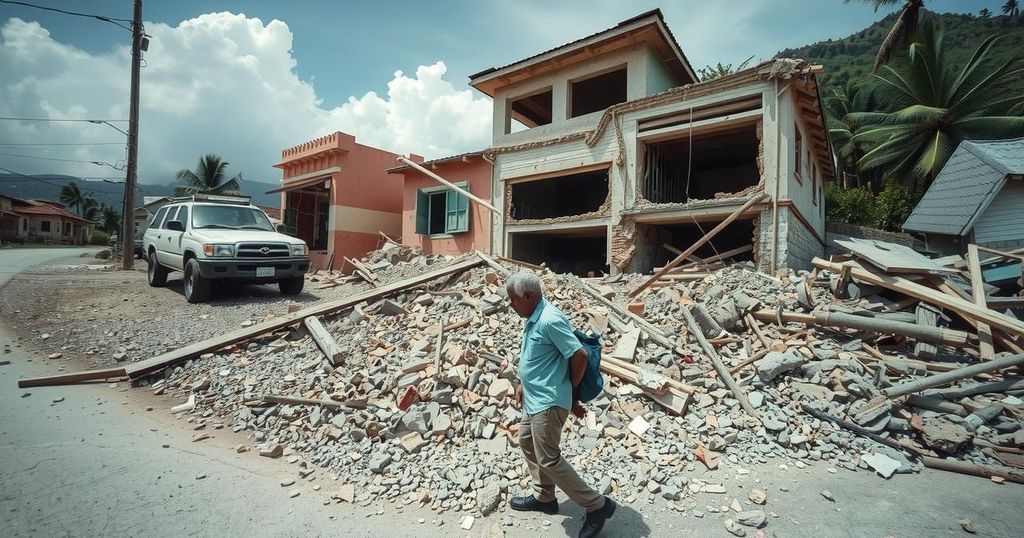Historical Significance of January 12: From Earthquake in Haiti to Political Milestones

January 12 has witnessed critical events throughout history, including the testimony of Andrew Carnegie in 1912, peace negotiations post-World War I in 1919, Hattie Caraway’s election in 1932 as the first female senator, and the destructive Haiti earthquake in 2010, which resulted in immense loss of life and subsequent challenges such as a cholera outbreak.
On January 12, various notable events have marked history significantly. In 1912, industrialist Andrew Carnegie supported the anti-trust perspective of former President Theodore Roosevelt, opposing President Taft’s plans during his testimony before the Stanley Committee. In 1919, the leaders of the United States, Britain, France, and Italy convened in Paris to negotiate peace terms after World War I, ultimately establishing the League of Nations.
The year 1932 witnessed Hattie Caraway of Arkansas making history as the first woman to be elected for a full term as a United States senator. During World War II in 1943, the U.S. Office of Price Administration informed the public that standard frankfurters would be replaced by “Victory Sausages” made from a mix of meat and soy meal.
In 1986, Representative Bill Nelson of Florida made his mark in space travel aboard the shuttle Columbia, which also carried Franklin Chang-Diaz, the first Hispanic American to venture into space.
Fast forward to 1994, President Bill Clinton requested Attorney General Janet Reno to appoint an independent counsel to investigate the Whitewater land deal, ultimately naming Robert Fiske for this task. A tragedy struck in 2006 when a devastating incident resulted in the deaths of approximately 350 individuals at Jamarat Bridge in Saudi Arabia during a pilgrimage to Mecca.
Most prominently, on this day in 2010, Haiti experienced a catastrophic magnitude-7 earthquake, which resulted in the loss of an estimated 100,000 lives, severely damaging the nation’s infrastructure and leading to a cholera outbreak that claimed thousands of additional lives over following years. In a recent development in 2024, the United States and allied nations initiated a significant retaliatory response against recent Houthi attacks in the Red Sea.
The events of January 12 encompass a broad spectrum of historical moments, reflecting significant social, political, and humanitarian challenges faced by society. The seismic catastrophe in Haiti remains a pivotal reminder of the vulnerabilities that nations can experience due to natural disasters, highlighting the importance of international assistance and preparedness. The series of meetings among allied leaders post-World War I notably shaped modern global governance through the formation of the League of Nations, an early effort to promote international cooperation. Other events, such as the participation of notable figures like Hattie Caraway and Bill Nelson, underscore the progress made in terms of inclusivity and representation within the U.S. government.
The date of January 12 is marked by significant historical events that have influenced political, social, and humanitarian domains. The devastating earthquake in Haiti in 2010 serves as a sobering reminder of the fragility of nations in the face of natural disasters, while earlier milestones, such as the establishment of the League of Nations, reflect crucial developments in international relations. The contributions of pioneers like Hattie Caraway and Bill Nelson highlight the advancing role of diverse voices in American history.
Original Source: www.upi.com







